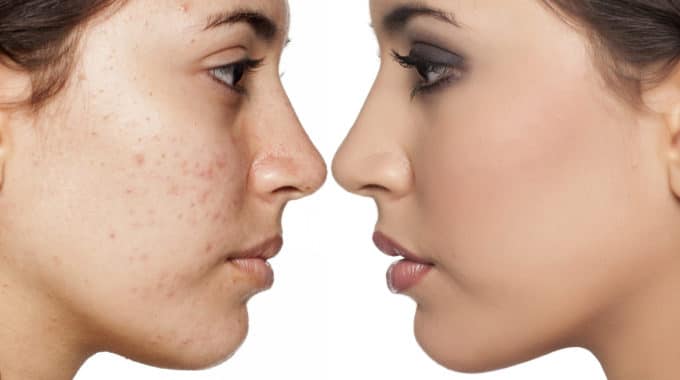Starting December 2, 2024, we are thrilled to welcome Dr. Nikolai Klebanov, a Harvard-trained, board-certified…

What is the True Impact of Acne?
In discussions of mental health and wellness, acne rarely enters into the conversation. However, a recent study published in the British Journal of Dermatology (7 FEB 2018; DOI: 10.1111/bjd.16099) indicates that acne may be associated with major depression. According to the study, in the 15-year period after acne diagnosis, acne patients were 18.5% more likely to develop depression than individuals without acne. The data, which was extracted from a British database compared 134,427 acne patients against 1,731,608 individuals without acne. The results support an association between acne and depression, although it does not confirm whether the acne indeed was a cause of the depression in these patients. Many experts suspect that there may be a two-way causal association between acne and depression. Acne blemishes may affect an individual’s self-esteem, comfort level in social situations, and mood, ultimately contributing to major depression. Likewise, depression may result in reduced energy and motivation which can cause acne worsening due to inability to keep up with the acne treatment regimens. Bottom line: although acne is considered by many to be a normal part of adolescence and young adulthood, it is important to recognize the potential psychosocial impact of this condition. Establishing care with a capable dermatologist who can guide an individual through the many acne treatment options to select a regimen best-suited to one’s needs can have a substantial positive impact.
Comments (1)
Comments are closed.



Thanks for sharing your research.